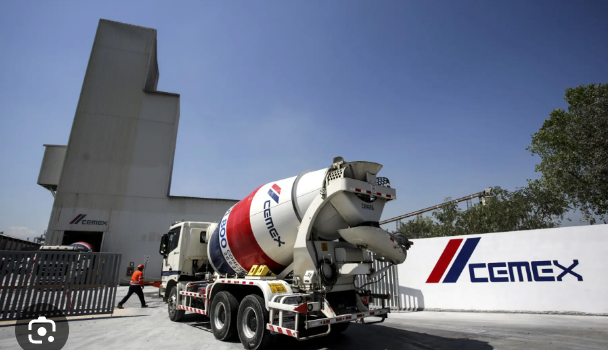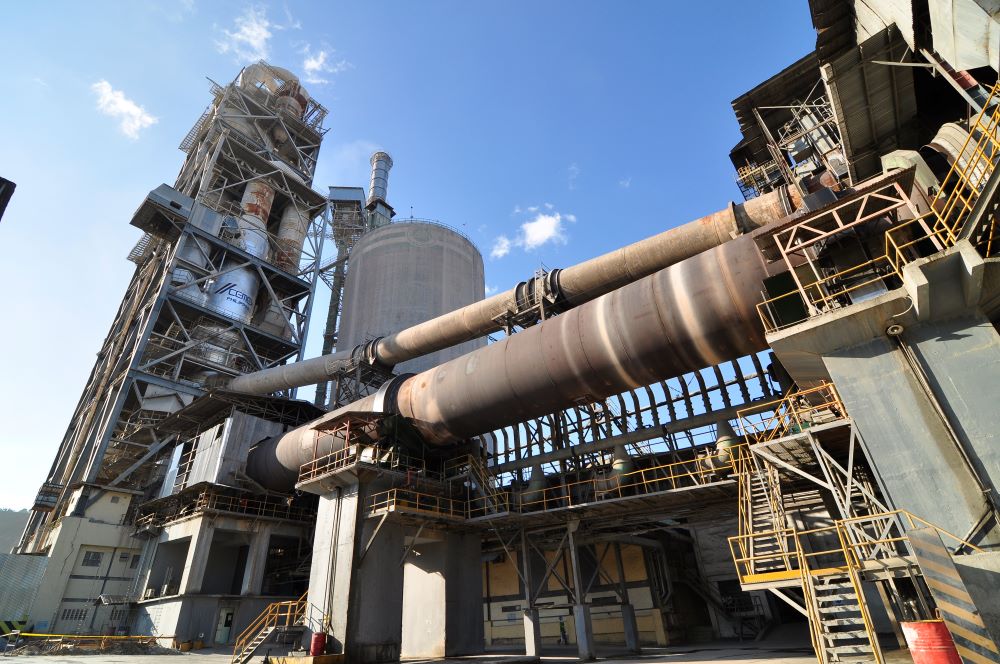The Department of Trade and Industry (DTI) has just launched an investigation into the rising influx of imported cement, a move that industry leaders say is crucial for safeguarding the struggling local cement sector.
With increased competition from cheaper foreign imports, local manufacturers are facing a difficult battle for market share. The DTI’s probe is seen as a necessary step to address these challenges and protect the country’s economic interests, particularly in infrastructure development.

In 2023 alone, the local cement industry reported a staggering ₱15 billion in losses, a direct result of the surge in cement imports that have created an uneven playing field. Imported cement, often sold at lower prices, has put significant pressure on domestic producers, who are struggling to compete with foreign brands that may not be subject to the same regulatory standards.
Roberto Martin Javier, Vice President for Commercial at Cemex Philippines, expressed his full support for the DTI’s actions, emphasizing the importance of safeguarding local industries. “We wholeheartedly endorse DTI’s decisive measures to investigate these imports,” said Javier. “Safeguard policies will enable us to cultivate a more robust local cement industry, ensuring that high-quality, locally produced materials meet the country’s growing infrastructure demands.”
Cemex Philippines is not just a vocal supporter of the DTI’s investigation but also a major player in the local cement market. The company is nearing the completion of a new cement production line in Rizal, which will significantly expand its capacity. “This new cement line will increase our annual production capacity from 1.5 million tons to 3.4 million tons,” Javier added. “With a total investment estimated at around USD 350 million, this project underscores our commitment to meeting the nation’s infrastructure needs and supporting economic growth.”
The new cement line is just one example of how local manufacturers are investing heavily in the industry to remain competitive. Cemex’s expansion plans aim to address the increasing demand for construction materials and contribute to the country’s long-term development.
Earlier this year, Cemex Philippines received a Domestic Bidders (DoBid) Certificate of Preference from the DTI, which is seen as a boost for the local industry and the country’s economic growth.

DTI: Fair competition and long-term sustainability are key
Local manufacturers, including Cemex, have long advocated for policies that ensure fair competition and the sustainability of the cement sector. Javier highlighted the importance of working closely with the government to create a level playing field. “Proactive cooperation between industry stakeholders and the government is crucial for protecting the interests of local businesses and reinforcing national economic resilience,” he said.
The Cement Manufacturers Association of the Philippines (CeMAP) also welcomed the DTI’s investigation, viewing it as a vital step in stabilizing the market. “By supporting local production through safeguard measures and the recently passed Tatak Pinoy Act, the government plays a crucial role in stabilizing employment, bolstering local industries, and maintaining essential construction standards,” stated CeMAP President, Dr. Luis G. D. Macandog.
The Tatak Pinoy Act, which encourages consumers to buy locally-produced goods, is seen as an important policy that will further strengthen the domestic cement industry by promoting Filipino-made products. This, in turn, could help stabilize jobs in the cement sector and support other related industries, including construction and logistics.
Economic and environmental implications
The surge in cement imports also raises broader economic and environmental concerns. Imported cement often does not meet the stringent standards set by Philippine regulators, posing risks to the safety and durability of critical infrastructure projects. For instance, major construction projects like roads, bridges, and buildings require high-quality materials to ensure their long-term stability and safety. Cement that does not adhere to local standards could compromise the structural integrity of these vital projects, putting public safety at risk.
Additionally, the environmental impact of importing cement cannot be overlooked. Cement production is an energy-intensive process, and shipping cement from abroad increases its carbon footprint. By bolstering local production, the DTI’s investigation could contribute to reducing the environmental impact associated with the transportation of cement, encouraging more sustainable practices in the industry.
Linking local industry to the broader economy

The investigation into cement imports is not only crucial for the local cement industry but also for the Philippine economy as a whole. A strong domestic cement industry is integral to the country’s ongoing infrastructure development and long-term economic growth. Cement is a key material in the government’s “Build, Build, Build” program, which aims to enhance the country’s infrastructure and stimulate economic activity.
Moreover, a resilient local cement industry has the potential to contribute to the country’s emerging digital economy, including fintech. By stabilizing the traditional sectors such as construction, the government can create an environment conducive to innovation and investment across all industries. With more predictable and secure growth in sectors like construction, fintech companies can thrive by providing financing, digital solutions, and technologies to support infrastructure projects.
As the DTI investigates the surge in imported cement, it is taking a decisive step toward securing the future of the Philippine cement industry and broader economy. With the right safeguard policies in place, local manufacturers will be better positioned to meet the country’s growing infrastructure demands while ensuring fair competition and product quality. This, in turn, will help stabilize jobs, protect consumers, and create a more resilient national economy, benefiting both traditional industries and emerging sectors like fintech.








